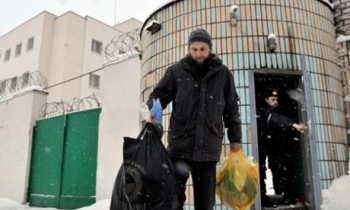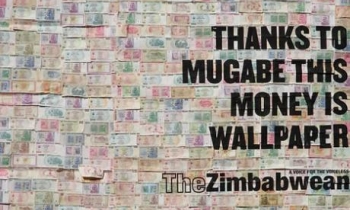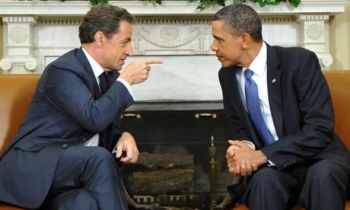WASHINGTON (Reuters) - The perjury trial of former White House official Lewis "Scooter" Libby begins on Tuesday, but the investigation has already laid bare the Bush administration's internal workings and damaged the independence of the news media.
Vice President Dick Cheney is among the prominent government officials and journalists expected to testify in a case that will examine the White House and the Washington press corps as the nation went to war in Iraq in 2003.
The case began as an effort to determine who blew the cover of a CIA operative whose husband criticized the Bush administration's use of intelligence before the invasion.
Nobody has been charged with that crime, but Libby resigned as Cheney's former chief of staff when he was charged with lying to a grand jury and the FBI during the investigation.
Legal experts say Special Prosecutor Patrick Fitzgerald's case may have been weakened by his decision to prosecute Libby rather than former Deputy Secretary of State Richard Armitage, who has admitted he revealed CIA operative Valerie Plame's identity to reporters.
Opening arguments begin on Tuesday. Libby's lawyers plan to argue that any inaccurate testimony he may have given was because he could not recall every conversation he had at a time he was preoccupied with the Iraq war and other security matters.
Experts say Fitzgerald has damaged the independence of the news media by forcing reporters who had learned of Plame's identity to choose between prison and disclosing confidential conversations.
Judith Miller of The New York Times spent 85 days behind bars before agreeing to cooperate.
The investigation has also hurt the White House, experts say, as Libby quit and top political adviser Karl Rove faced intense scrutiny by prosecutors before being cleared.
Fitzgerald will try to use Miller and other expected witnesses to keep the focus on whether Libby lied or not, rather than delving into the merits of the Iraq war or the truthfulness of White House statements leading up to it.
But those controversial subjects have affected even mundane aspects of the case.
Jury selection took a day longer than planned because 16 potential jurors said they could not judge the case impartially because they felt too strongly about the war or other aspects of the matter.
At least seven of the 12 jurors left at the end of the process have expressed skepticism about the war or the Bush administration.









